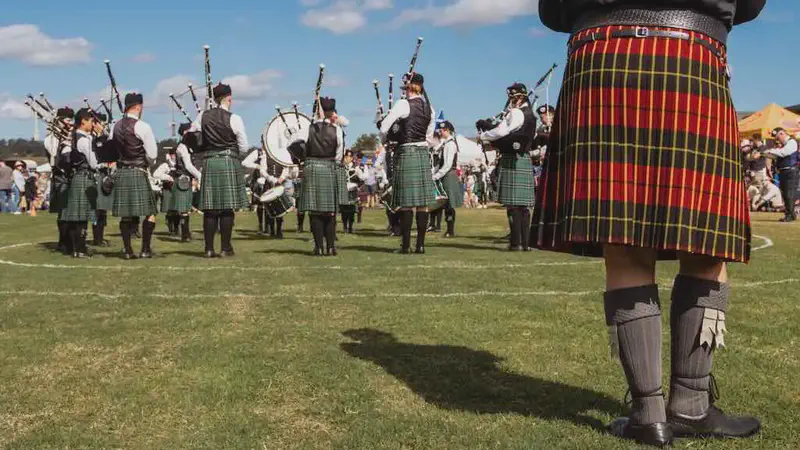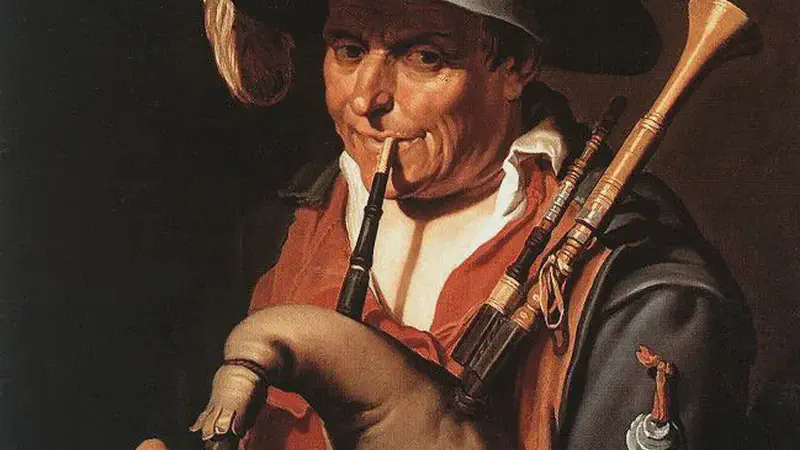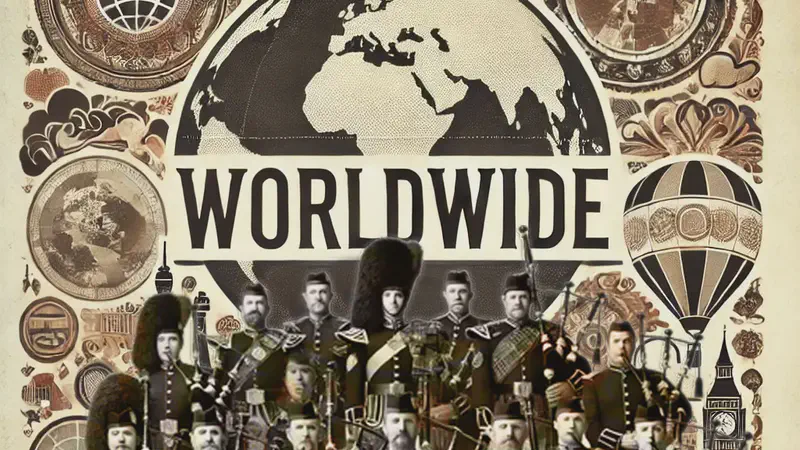today in celtic history
Explore the celtic history!

Celtic Calendar
Learn About Celtic History

Bagpipers
Browse our directory for professional pipers by throughout the world

Bagpiping Events
Find Highland Games, parades, and Celtic festivals throught the World

Bagpipe News
Latest updates, features, and articles.

Pipebands
Browse our directory of pipebands throughout the world

Shops
Browse our directory of bagpipe and highland wear stores throughout the world
On September 8



September 8, 1908
On 8 September 1908, Patrick Pearse — poet, educator, and future Easter Rising leader — opens St. Enda’s School for Boys (Scoil Éanna) in Rathfarnham, Dublin.

September 8, 1798
Battle of Ballinamuck, Ireland , last battle of The Year of the French.
In 1798 Ballinamuck was the scene of one of the last and bloodiest battles fought on Irish soil by a foreign power. Ballinamuck was the place of surrender of the combined French and Irish troops under General Humber to the English troops under General Cornwallis.

September 8, 1783
A second convention of Dungannon, prepares the way for a National Volunteer convention
A Second Convention of Dungannon is held by the Ulster Volunteers — part of the Irish Volunteer movement — to discuss parliamentary reform and national political issues. The gathering plays a key role in mobilizing support across Ireland, and lays the groundwork for a National Volunteer Convention focused on achieving greater representation and legislative reform in the Irish Parliament. This convention reflects the growing influence of the Volunteers in late 18th-century Irish political life.